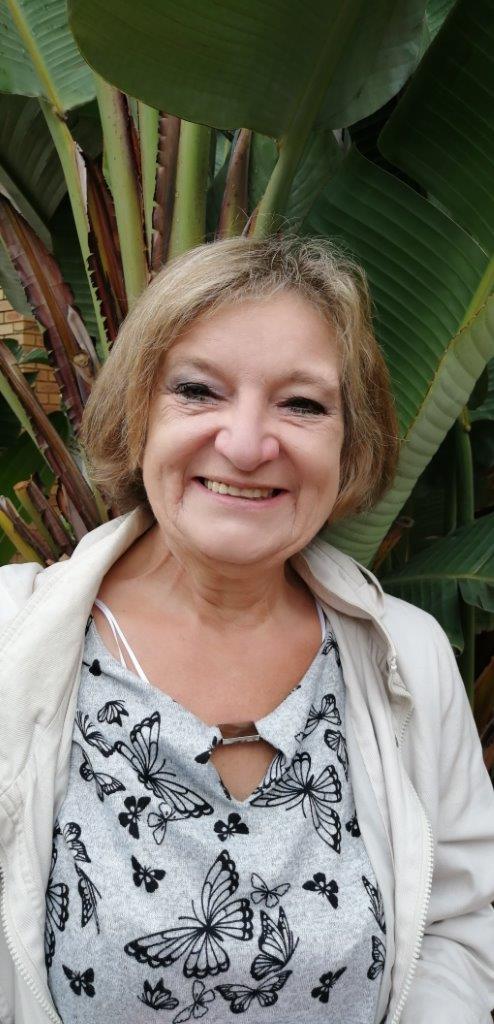Looking after people who have lived through trauma is rewarding, but it comes with an emotional toll, says Caryn Berman, occupational therapist at SANCA Wedge Gardens Treatment Centre.
Reflecting on World Mental Health Day, which is commemorated on October 10, Berman emphasises that caregivers and therapists need care too. Supporting those who support others is crucial for fostering sustainable healing and building stronger communities.
Wedge Gardens helps people living with substance use disorders, many of who carry deep scars from their past. “Successful rehabilitation depends on addressing the root causes of addiction,” explains Berman. “This means working with people from diverse backgrounds, different ages and cultures, and often with dual diagnoses.”
The task is daunting. As the centre’s only occupational therapist, Berman works with all in-care patients. She facilitates group sessions, runs leisure and work-preparation programmes, and conducts individual therapy and assessments. “Each group has mixed members, with the only common factor being addiction,” she says. “I need to include people at different stages of recovery, from different walks of life, and often with limited English.” To ensure everyone receives equal care, group topics are repeated over three days – with the same energy and focus required each time.
The demands don’t stop when the sessions end. Reports, planning and administration often spill into evenings, on top of home and family responsibilities. “Burnout is a real challenge in this field,” Berman admits. “At times I’m coping well, but at other times I feel I’m sinking into a trough without even realising it.”
To manage stress, she leans on colleagues for encouragement, takes daily breathing and meditation breaks and finds healing in nature. “Dinner with my family is non-negotiable – no phones or TV, just conversation and connection. Cooking is also a form of therapy for me,” she says. Picking up creative hobbies again is another sign she is pulling herself out of burnout.
For Berman, these coping mechanisms are not just about her own wellbeing – they model healthy ways of managing stress for her patients. “All people suffer stress,” she says. “Substance use is not the only way to handle it.”
On this World Mental Health Day, her message is clear: Caregivers and therapists need care too. Supporting those who support others is essential if communities want sustainable healing.
Self-care tips for carers:
Take regular breaks – Short pauses, even a few minutes, help recharge energy and prevent burnout.
Stay connected – Talk with friends, family, or support groups to share experiences and reduce isolation.
Prioritise your health – Eat and sleep well, sleep enough, and stay active to maintain physical and emotional resilience.
